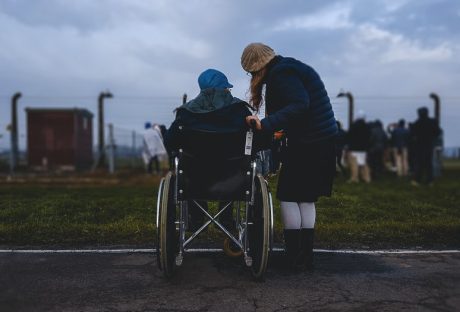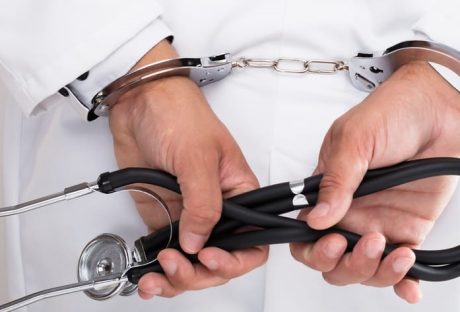Navigating life after a workplace injury can be a whirlwind of confusing processes and terminology. Many workers aren’t familiar with the ins and outs of their employers’ workers’ compensation policy, and this lack of knowledge can prevent them from claiming their full benefits. If you’re seeking support after a workplace injury, here are seven debunked misconceptions about workers’ compensation to help you through the process.
If you hire an attorney, your legal fees will outweigh the benefits
Work injury attorneys have a specialized pricing system based on a contingency fee. Firms like this one charge according to your compensation package, not out-of-pocket billable hours. You can discuss payment extensively with your attorney if you’re unsure. Hiring an attorney can maximize your benefits, making it well worth the investment.
You need to be on duty when you get injured
You don’t have to have your nose to the grindstone at the time of the injury to be eligible for compensation. Many things happening around you at work can harm you, and you deserve workers’ compensation for these accidents as well.
For example, a coworker may injure you unintentionally, a heavy machine may fall on you, or a building may collapse. You are eligible for compensation if you sustained injuries due to working for the organization, regardless of whether or not you were on the clock at the time.
You are not eligible for workers’ compensation if you caused your injury
You are eligible to make a compensation claim even if no one else at work directly caused your injury. The qualifier is that the damage must happen at the workplace or during the execution of your duties. Location and context take priority over fault when it comes to your eligibility. If you slip in the bathroom or fall down the steps at work, you are still eligible to file for compensation.
You may lose your job if you file for workers’ compensation
You are well within your rights to file for workers’ compensation. Employers have no legal right to fire employees based on a request for work injury compensation. Although every company has the authority to decide who works with them or not based on their organization’s expectations, it is illegal to fire staff in retribution for exercising their legal rights.
You can’t get compensation if your claim is denied
Organizations conduct thorough investigations before accepting a claim. Agents and attorneys will look for loopholes and mistakes in the injury report, meaning that your first attempt may not be successful.
If the company denies your claim, that doesn’t have to be the end of the case. You can appeal, and with expert legal help, you can achieve your due compensation.
The injury has to happen at a job site
Depending on your job duties, you may be able to win compensation even if your injury occurred off-site. For example, if you work as a driver and are involved in a road accident, you can ask for payment.
This stipulation also applies if you were commuting to perform a work assignment. For example, you may have been making a delivery or been on your way to join a work-related meeting. In these cases, your role as an employee puts you in harm’s way, and you deserve compensation for any injuries or expenses.
Wrap up
If you sustain any work injury, taking adequate steps towards compensation can help you avoid being injured twice.
Read Also:
























